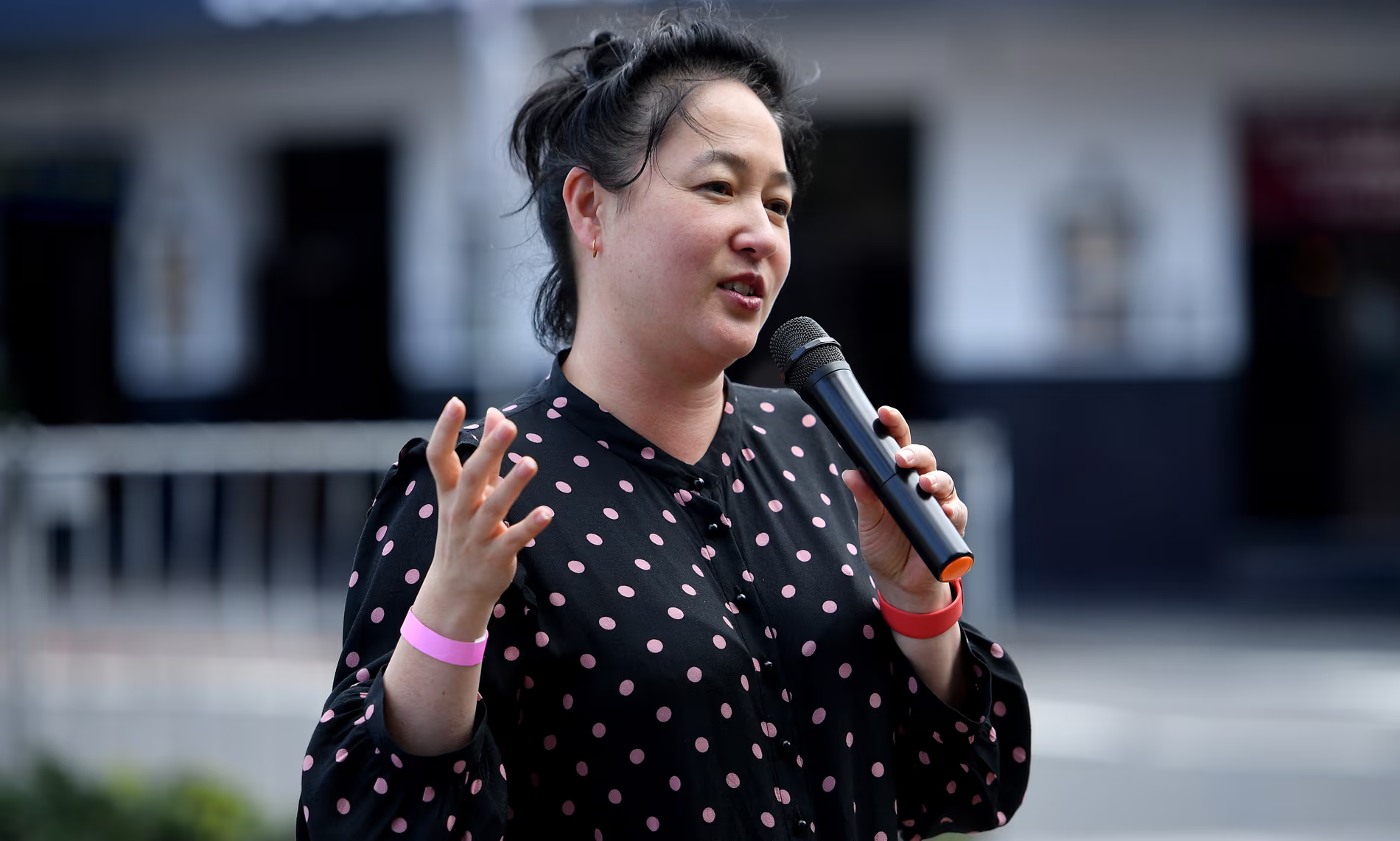Georgia’s police chases turn deadly. What’s to be learned from the collapse of a once-thriving California winery? States are looking for alternatives to the bar exam. A West Virginia county has more Republicans than Democrats for the first time.
Decision Points focuses on national and international news. But we also plan to deliver a weekly roundup of local or regional news with a political dimension – something unusual or interesting, or that may illustrate a broader national trend.
Our guiding principle will be that part of the definition of politics is how a society organizes itself to allocate finite or even scarce resources, manage internal disagreements, and blunt external threats.
Here’s this week’s look at more local scenes.
Georgia Police Pursuits Prove Fatal
The Georgia State Patrol’s pursuit policy – when and how its officers chase alleged scofflaws on the state’s roads – “often poses more danger to the public than the people being chased,” according to an investigation by The Atlanta Journal-Constitution.
- From 2019 to 2023, agency troopers engaged in more than 6,700 pursuits connected to more than 3,400 crashes, injuries to at least 1,900 people, and 63 deaths, the newspaper’s Asia Simone Burns and Justin Price reported.
“The AJC’s investigation found that Georgia has the worst death rate in the country from police pursuits. The state patrol’s aggressive tactics and loose chase policy contribute significantly to this grim ranking,” according to Burns and Price. An analysis of national data from 2018 to 2022 found that “people died in Georgia more often as a result of police pursuits than in any other state,” with 201 related fatalities over that period.
Georgia State Patrol told the AJC its pursuit policy is “proportionally responsive” to increases in crime like street racing, aggressive driving, and speeding, and is based on “state and federal law, judicial rulings, dedicated training, and sound principles of law enforcement.”
Lots of politics here, including the politics of accountability – helped along by the press – as well as the politics of trade-offs: Do Georgians accept this, or seek changes?
The Collapse of a California Winery
The San Francisco Chronicle’s senior wine critic, Esther Mobley, took a probing look at the collapse of one of the largest American wineries, Vintage Wine Estates, which has filed for bankruptcy and plans to lay off all its workers in California.
Mobley made the case that this was a unique instance, not a dark omen for an industry currently struggling.
- The company went public in 2021 not through an initial public offering, but with a special purpose acquisition corporation. That may have put Vintage under pressure to rush financial statements, resulting in “issues” and legal action from shareholders who alleged “violations of securities laws related to reporting errors.”
But there may be one sector-wide impact from Vintage’s dissolution: Mobley notes it’s putting about 1,800 acres of vineyard land and 11 wineries up for sale. That could make things rough for other owners looking to put their properties on the market.
This is an economics story and a unique one at that. But economics has a way of turning into politics, and vice versa.
States Slide Back From the Bar
This is my favorite piece in today’s roundup. First, because it’s about public policy experimentation at the state level. Second, because it’s creative and disrupts a traditional – not necessarily better – way of doing things. Third, it appears to highlight an emerging trend.
At the Washington State Standard, Erika Bolstad wrote about Oregon giving would-be attorneys the option of qualifying to practice law via on-the-job training rather than by taking the bar exam – though that remains an option.
- In the Beaver State, “the graduates are required to work 675 hours under the supervision of a licensed attorney as well as submit a work portfolio for approval to Oregon’s Board of Bar Examiners,” Bolstad reported.
- “And just like anyone who takes the traditional bar exam, those approved under what’s known as a Supervised Practice Portfolio Examination, or SPPE, are required to pass an ethics test.”
It’s not just Oregon, according to Bolstad. She listed eight states that are at least looking at similar programs or have expressed interest, and noted “New Hampshire since 2005 has had a version of supervised practice that allows a select group of law school scholars to work in the state upon graduation.”
A Voter Registration Shift in West Virginia
I’m not quite sure what political lessons to draw from this, but it intrigued me so I’m passing it along.
At the Charleston Gazette-Mail, Beth Sergent reported this week on a historic shift in voter registration in Kanawha County, West Virginia’s most populous and home to Charleston, the state capital. Put simply: Republicans outnumber Democrats for the first time in years.
- As of Monday afternoon, 42,441 of the county’s 119,036 registered voters were Republicans, and 42,229 were Democrats, giving the GOP a 212-person edge.
- On Dec. 31, 2019, Democrats led Republicans by 10,255 registered voters, Sergent reported, citing the West Virginia Secretary of State’s website.
Why? The GOP state party chairman pointed to Democrats spotlighting positions that some think hurt the coal industry, among other things. His Democratic counterpart pointed to the energy generated by hotly contested GOP primaries, engaging that party’s voters.
Related posts:
- Words Matter in an Arizona Abortion Fight. Plus, Free Cash in California.
- A group of 2,000 migrants advance through southern Mexico in hopes of reaching the US
- New Trump Ad Targets Harris on Immigration, Calls Her a Failed ‘Border Czar’
- US Recognizes Opposition Candidate González as the Winner of Venezuela’s Presidential Election










Leave a Reply